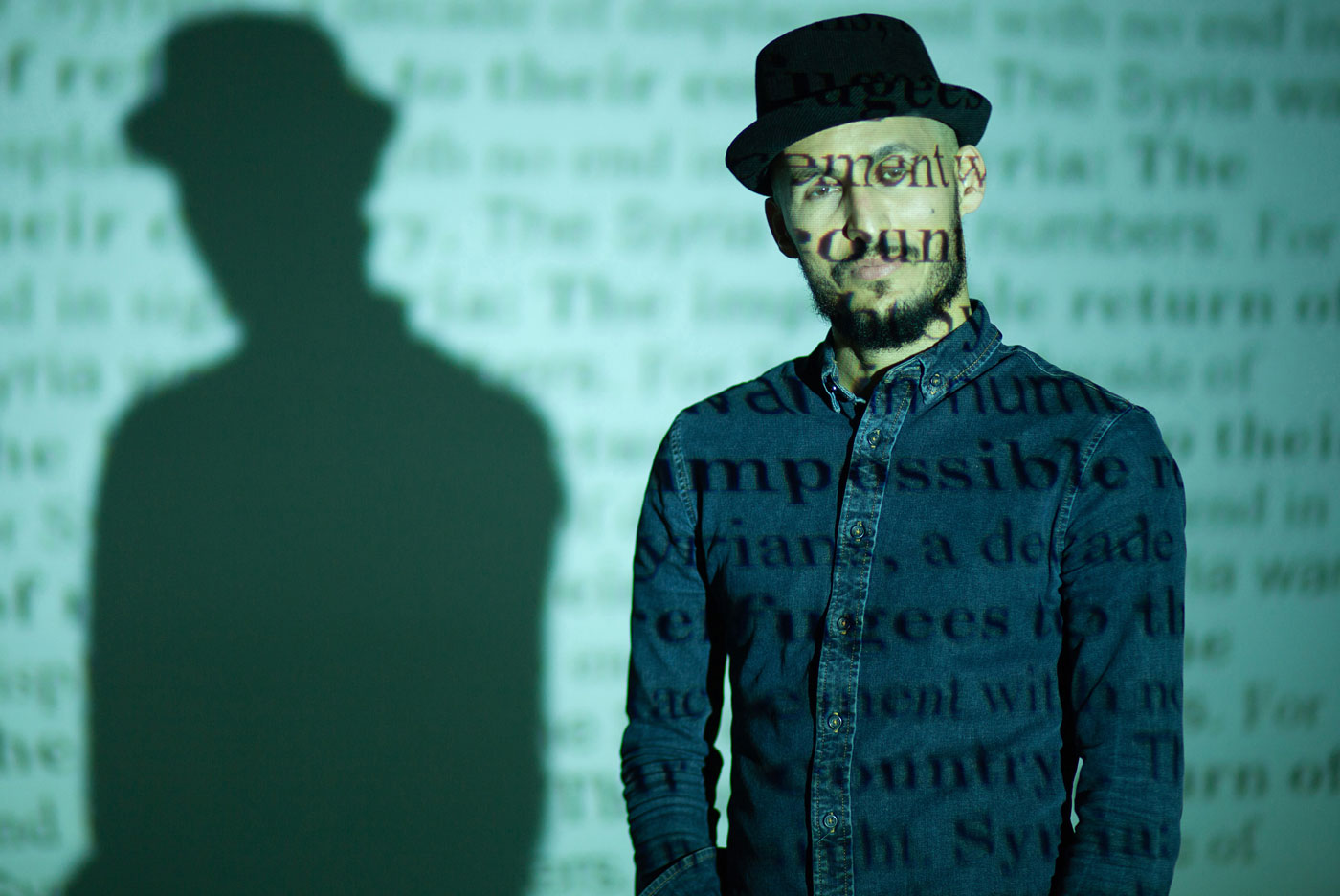Hamzeh & Amany
“To stand with refugees means you’re giving someone who has struggled hope and another chance at a better life.”
“To stand with refugees means you’re giving someone who has struggled hope and another chance at a better life.”

My name’s Amany. I’m 22 years old, and I arrived in the UK a couple of months ago to be with my husband, Hamzeh.
We met on Facebook and fell in love over time.
I used to study Civil Engineering in Syria, but unfortunately, I had to stop my education due to the conflict. I really hope that I can resume my studies here in the UK and find a job.
Hamzeh and I are working towards building a new life here—a place we can truly call home, where we feel safe and protected.
And I’m Hamzeh, 29 years old, originally from a small village in Syria. I was in high school when the conflict broke out in 2011.
We went to Jordan, where my mother, siblings and I lived in Za’atari camp for six years. When we fled, we thought we would be there for two weeks, but those weeks turned into years.
In 2018, my brother and I had the opportunity to come to the UK through the UK’s Syrian Resettlement Programme due to our disabilities – we were born with phocomelia, a rare congenital disorder involving malformation of the limbs.
In the camp, my life felt like it was at a standstill.
I couldn’t continue my higher education, and I had nothing else to occupy my time.
One day, while walking around the camp, I came across a group of people engaged in activities led by a Spanish NGO involved in inclusive theatre.
Fuelled by my lifelong passion for acting, I began attending these theatre workshops and eventually progressed to becoming a leader.
The group comprised young refugees with disabilities or war injuries, and together we staged an awareness show named “I Can” every three months in the camp, challenging misconceptions about people with disabilities.
Most of the actors were younger than me. I felt a sense of responsibility towards them, akin to being their older brother. Now, I wish I could revisit the Za’atari refugee camp to reconnect with them.
When I first arrived in the UK, I thought that the reaction to my disability would be different. That nobody would care or look at me.
But people still laugh and look. Teenagers secretly film me and take photos of me when I’m waiting for the bus. It used to hurt me in the past, but now I pretend I’m a celebrity and strike a pose.
Despite this, life in the UK is good. Amany and I feel safe and we have opportunities to pursue our dreams. I have successfully learned English and completed a two-year diploma in theatre. Currently, I have my own theatre show titled “Penguin,” which draws inspiration from my personal journey as a person with a disability.
I want people to get to know me before they make their assumptions about me. Just because I have a disability doesn’t mean that I’m weak or helpless and just because I’m a refugee doesn’t mean it was a choice. We were forced to flee, and it hurts how much we miss our beautiful country and families.
Each one of us has suffered a lot.
Anyone can help in any small way they can. This can make a huge difference.
To stand with refugees means you’re giving someone who has struggled hope and another chance at a better life

Winter in Syria is extremely harsh
“Since the conflict broke out, electricity and fuel are very scarce, and people in Syria use whatever they can, from blankets to heavy jackets, to keep warm.
“Even in Za’atari camp, life was very challenging. The streets were bumpy and full of gravel and stones, making it difficult for me to walk around. During the winter, our tents would flood due to the rain, leaving us waking up to soaked mattresses.”
Winter in Syria, Lebanon and Jordan
Hundreds of thousands of displaced families are facing a brutal winter far from home in Syria, Lebanon and Jordan
Displaced families living in informal tented settlements or damaged buildings have little protection from freezing temperatures, rain and snow, putting them at risk of hypothermia, frostbite and life-threatening respiratory diseases. Others will struggle to keep warm in buildings without power and exposed to the elements due to shelling amidst sub-zero temperatures.
This winter, UK for UNHCR is calling for donations to help provide essential support, such as blankets, fuel and emergency cash assistance, to families who remain displaced after fleeing their homes in Syria.
“I cherish the memories of wonderful winter days in Syria. My father and I used to take long walks in the rain. Back then, I had nine dogs, and we’d gather around a fire to stay warm on cold winter days, with them sleeping close by.”

